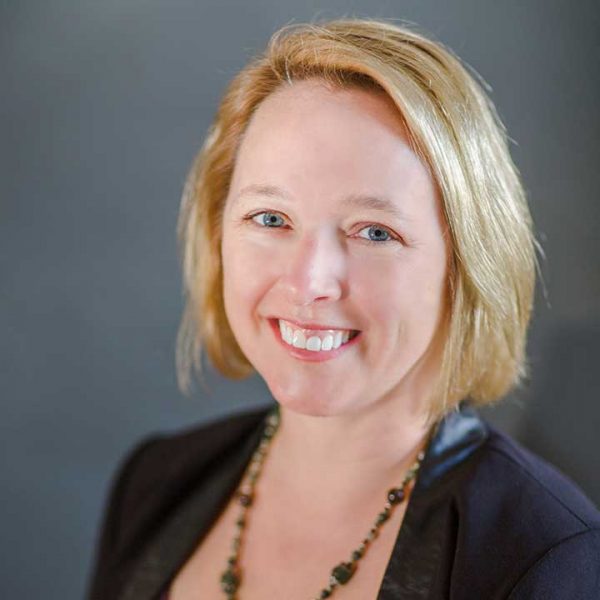
A newly launched digital series, published by the Social Science Research Council (SSRC), is exploring political and ideological extremism on the internet and the insights of a Florida State University researcher are front and center.
The series “Extremism Online,” was released earlier this month and in her article “We Cannot Just Moderate Extremism Away,” Professor of Sociology Deanna Rohlinger explores the rise of online extremism and political polarization.
Rohlinger concludes that calls for moderating, regulating and limiting access to our most popular social platforms don’t help limit the proliferation of extremist rhetoric.
“Moderation is nebulous territory, in part, because it involves censoring thoughts and ideas that are regarded as bad for a community,” Rohlinger said. “The problem is that good and bad are not objective categories. Outlets and forum users negotiate their meanings, mutually constituting what is clearly acceptable and unacceptable within an online community.”
Rohlinger is one of 13 scholars throughout the world chosen by SSRC to participate in the ongoing project to expand the scholarship on extremism, radicalization and related topics. She has been working with a team of FSU graduate and undergraduate students to gauge the characteristics of political expression online and whether moderation might affect how individuals express their political identities and views.
Some forums claim to enforce community standards against commentary that is “false, misleading, libelous, slanderous, defamatory, obscene, abusive, hateful, or sexually-explicit.” But Rohlinger points out, what constitutes some of those categories is not necessarily clear.
The situation is complicated further by usernames and profile pictures that amplify an individual’s political expression.
“If researchers want to understand the full range of ways in which political polarization and extremism might be expressed online, we need to think more deeply about how moderation policies and practices create gray areas, as well as how individuals might exploit them in their political expression,” Rohlinger said.
Rohlinger does not advocate abandoning efforts to improve moderation policies and practices, and she supports calls for algorithmic accountability to make automated review methods more transparent and hold platforms responsible for the online cultures they help to create.
Rohlinger’s work as part of the SSRC project is now focused on commentary around Amy Coney Barret’s nomination to the Supreme Court. This semester, she and her student team —graduate students Pierce Dignam and Shawn Gaulden, and undergrads Allison Bloomer, Alex Cubas, Alejandro Garcia, Jade Harris, Emily Ortiz and Lauren Torres— will finish coding the data they have been collecting. Rohlinger will then analyze the results and report them this summer.
For more information visit, https://items.ssrc.org/extremism-online/we-cannot-just-moderate-extremism-away/.




